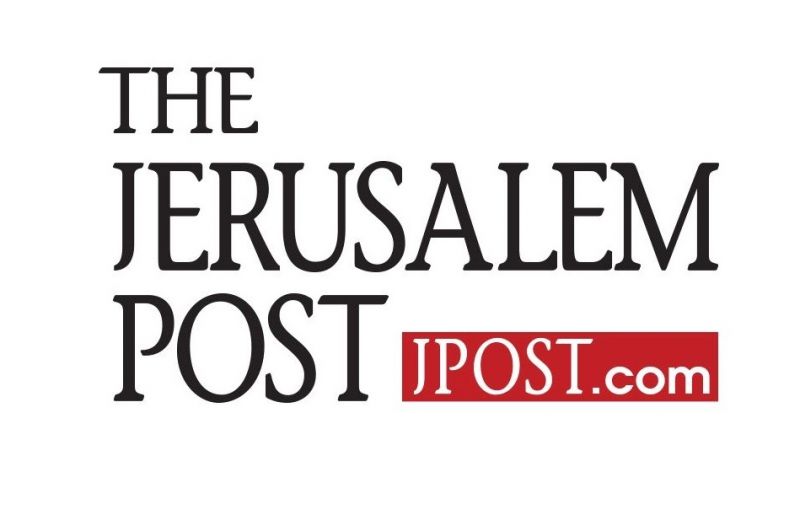 Op-eds
/ Israel and the Middle East
Op-eds
/ Israel and the Middle East
The foreign policy of the United Arab Emirates is one of the most energetic and proactive in the world. How has a state boycotting neighboring Qatar for the past three years, immersed in a bitter civil war in Yemen and fighting in Libya become a symbol of peace in the Middle East? The answer lies in the UAE’s aspirations for regional leadership and influence, and, contrary to its Gulf neighbors, its ability to realize these goals.
In the 2000s, a new generation of rulers came into power in four of the seven emirates that comprise the UAE. The new policies dictated by these leaders aimed to project influence far beyond the UAE’s borders, using both soft and hard power.
The hard power tactics, in particular, entailed a shift from the traditional rules of the Arabian Peninsula, such as “keeping the dirty laundry at home.” Years of UAE, Bahraini and Saudi enmity toward Qatar were kept largely under the international radar, with very few hostile public and official declarations. In 2017, the UAE broke the rule, issuing harsh, biting comments about its neighbor, blocking its land, sea, and aerial crossing to and from Qatar.
That relatively extreme step signaled a change in tactics throughout the Gulf region. At the same time, the UAE intensified its involvement in the fighting in Yemen and its armament with advanced weaponry.
The UAE also projected soft power in order to bolster its influence. It served as the main arbitrator between Eritrea and Ethiopia, and between the Taliban and the US. It was one of the first states to reconcile with Bashar Assad’s Syria when the civil war diminished, and has provided massive humanitarian aid to weak Arab countries, including to the Palestinians, as well as to other non-Arab states.
These measures attest to the UAE’s strong desire to become a regional power, a goal it has achieved to a large extent, as many have come to realize. The normalization blueprint with Israel provides an additional tool in the UAE’s soft power set of initiatives, and serves its desire for prominence.
The UAE was established nearly 50 years ago from a group of tribal coalitions living in a harsh, desert region. Its development is somewhat reminiscent of the meteoric breakthroughs achieved by the young Israel in science and technology, culture, regional security, a space industry, forming influential political lobbies in key world power centers and more. Global indexes (such as the Fragile State Index) point to the UAE as the most stable country in the Middle East.
The UAE continues to move ahead quickly, with very little bureaucracy and lots of ambition and capabilities. Its agreement with Israel constitutes another step forward in its move from the margins of the Arabian Peninsula to the center of the Middle East.
**The article was published on The Jerusalem Post, 12 September 2020.


